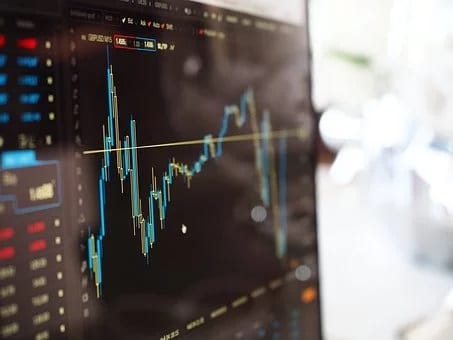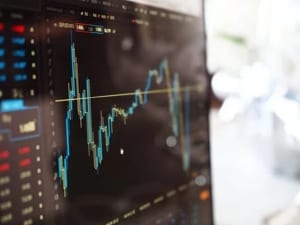

Fears over the impact of the Coronavirus continue to grow as the global stock markets experience one of the worst weeks in performance since the financial crisis. Ken Rayner, Verbatim Model Portfolio Manager and Founding Director of RSMR shares his viewpoint on the impact of the virus on the global markets.
Coronavirus and Markets
By Ken Rayner, Verbatim Model Portfolio Manager and Founding Director of RSMR
It is clear that world stock markets have been panicked by the spread of Coronavirus in the last few days as sharp falls have followed news that it has hit Europe without the ability to trace its path. The Chinese authorities have been able to focus large resources on the problem in Wuhan province and this has led to a reduction in the number of new confirmed cases in recent days. Other areas of the world are however experiencing an increase in the number of cases, in particular South Korea.
In relation to the disease itself, the now named Covid-19 virus does not appear to be as lethal as more recent outbreaks such as SARS. It is likely to affect those at either end of the age spectrum more severely and those with pre-existing health conditions. We should put this into context – standard influenza is likely to kill far more people around the globe than this virus over the coming twelve months and up to 28 February, of the 82,000 cases reported to the WHO 32,000 people have fully recovered with 2,800 fatalities.
The virus is now having a significant impact on market sentiment, with markets reflecting the uncertainty of the current situation. There are two key aspects to the market reaction: firstly, we don’t know how the outbreak will progress and whether it can be contained before it becomes a pandemic; and secondly there is the effect on global consumption and therefore growth over the coming months. It is certain to have an effect on global growth numbers in the first half of the year as global supply chains are disrupted, and we can see already that it has affected companies such as Apple, and others who depend on the manufacturing output of China. This will extend further as the disruption lengthens. The effect on travel and general business transactions will also be affected and a number of companies have already issued profit warnings on the back of the likely reduction in sales across China alone. Certain sectors will be hardest hit initially, as we have seen with travel companies and airline stocks suffering deeper falls. Safe haven assets such as gilts, gold and US treasuries have leapt in value as investors have rushed to such assets.
The reaction of markets this week has been exacerbated by some element of panic but is clearly based on reasonable concerns over global growth in the short, and potentially long, term. It is impossible to predict how far the virus will spread and whether it can be contained enough to settle investors’ nerves but, if valuations were reaching extended levels in early 2020, they have now come back a long way, leaving significant room for recovery.
As long-term investors we would not attempt to time entry into this market. Suffice to say we do not intend to change our long term thinking because of this specific event. We continue to believe in the policy of diversifying a portfolio, holding bonds, equity, cash and alternatives to deliver returns over the longer term and riding through events such as this.
The value of investments and any income from them can go down as well as up and is not guaranteed. You could get back less than they originally invested. Past performance is not a guide to future performance. The portfolios’ investments are subject to normal fluctuations and other risks inherent when investing in securities. This article is for information only and should not be deemed as advice.
